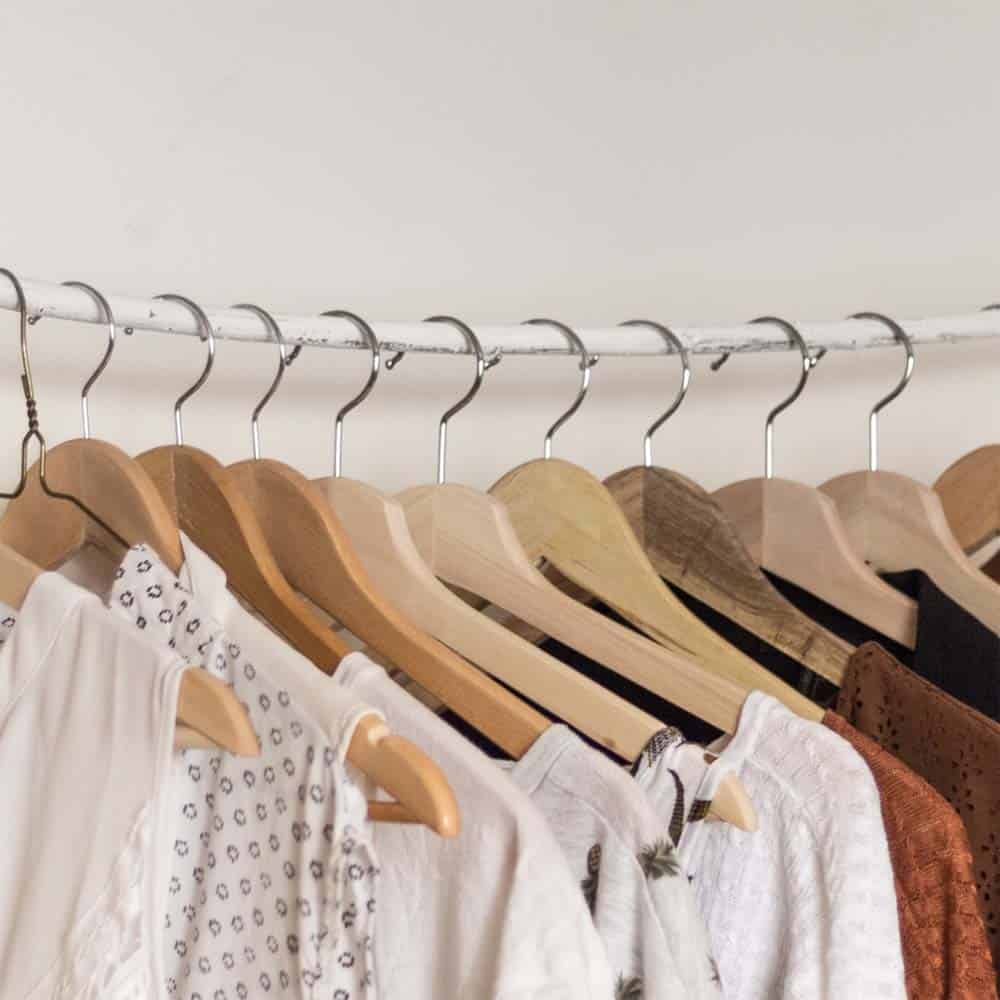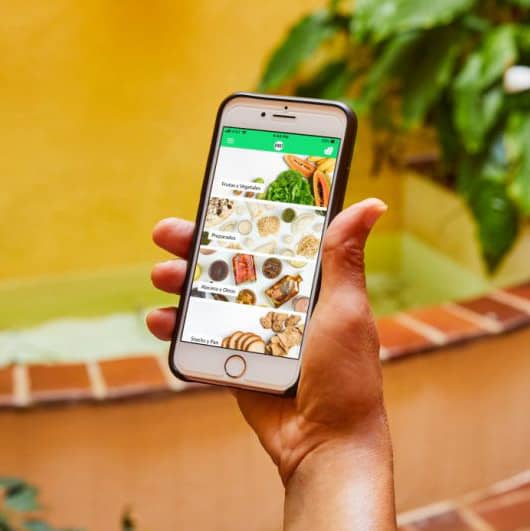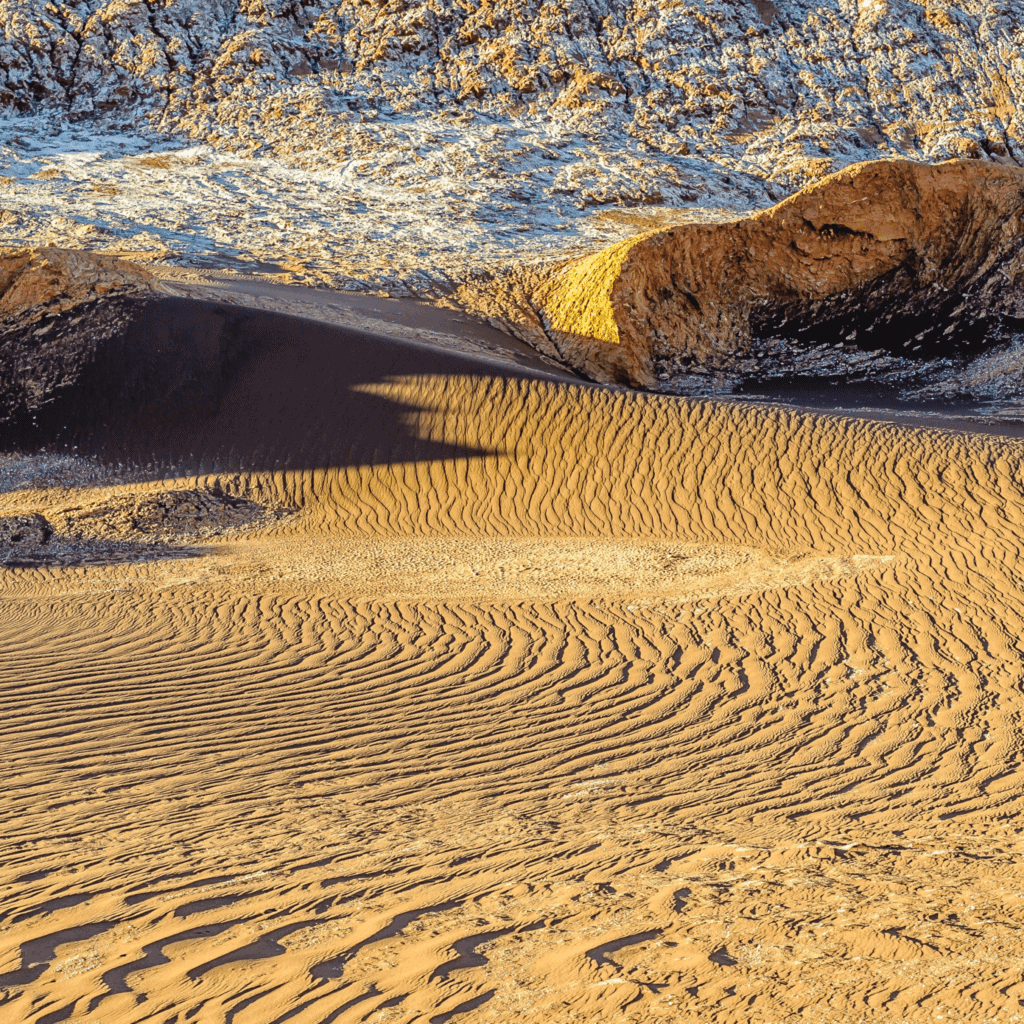Edition #9 | Environment Forward

Farm-to-fork, sustainability in fashion, freecycling, and nature’s rights in Chile.
Welcome to Edition 9 of Environment Forward – we’re only a month into 2022 and there has been no shortage of climate news. Here at CarbonBetter, we’re actively preparing to speak at SXSW here in Austin on March 16, 2022, but in the meantime, I’ve been doing a lot of reading. In this week’s edition, we take a look at an app connecting food products to chefs while reducing food waste in Puerto Rico, a new bill that could shake up the fashion industry in New York, freecycling to minimize our waste footprint, and potential environmental protections in Chile as they work to draft a new constitution. I’d love to know what you’ve been reading lately and listening to lately – be sure to drop me a line and let me know your thoughts.
Farm-to-Fork in Puerto Rico
PRoduce is an app that connects food producers directly with consumers in Puerto Rico with the goal of creating sustainable food systems and reducing food waste. Currently, Puerto Rico imports 85% of its food on average, so connecting chefs to locally sourced ingredients can be a challenge. The app first started as a food box subscription to deliver to homes but opened up to customers and chefs as a result of the pandemic, ultimately enabling local food producers to sell their products even when restaurants and hotels were closing their doors. The app is enabling chefs to creatively use local ingredients while providing a more resilient platform for local farmers and food producers to sell their wares.
Image credit: PRoduce via GreenBiz

New York's Fashion Act
While I'm not usually referencing Vogue as a climate news source, it felt important to get their take on New York's recently proposed Fashion Sustainability and Social Accountability Act (Assembly Bill A8352); a bill that would require all fashion companies that sell their products in New York and generate more than $100 million in revenue to disclose environmental impacts such as water use, carbon emissions, and chemical use. Any fines issued for noncompliance would go towards funding environmental justice projects in New York. The bill seeks to improve environmental standards and working conditions throughout the supply chain. I'm excited to see how the fashion industry continues to evolve while pushing to reduce its environmental impacts. If passed, many fashion brands that also operate outside of New York will be pushed to take action.
Image credit: Charisse Kenion

Have you tried freecycling?
Reducing waste is something that I think about often and an area where I'm always seeking to improve. While New York is working to push fashion brands to be more sustainable, I'm personally working to buy less and shop my closet more routinely as well as to donate or pass on items that I no longer wear to friends. I'm encouraged to see freecycling growing in popularity - the freecycle website now has a network of 9.5+ million people. It's an online auction site that works similarly to e-Bay, but no money changes hands - the goods being auctioned are donated or gifted, and typically go to the fastest person to claim the item. One way to reduce our waste impacts, fashion or otherwise, is to keep items in use even when they no longer serve our needs by passing them on to the next user.
Image credit: Priscilla Du Preez
Will Chile incorporate environmental protections in their updated consititution?
In a speech after his election in December 2021, Chile's President-elect Gabriel Boric said "To destroy the world is to destroy ourselves." Boric's speech demonstrates a focus on both environmental and social justice; he's also made a promise to oppose the Dominga copper mining project. While Chile is rich in both copper and lithium, minerals which are currently in high demand as demand for batteries and electric vehicles grows, they have seen the impacts of mining operations first hand - including both environmental degradation and violations of indigenous rights. In tandem with Boric poised to take office, Chile is currently rewriting its constitution and many hope that they'll incorporate environmental protections into the revised constitution. Chile could become one of few countries to date to codify the rights of nature into their constitution. Grist does an excellent job exploring the intricacies and challenges of mining's impact to date in Chile as well as a potentially monumental shift in environmental protections.
Image credit: Alexander Schimmeck
Nicole Sullivan is the Climate Services Manager at CarbonBetter. When she's not working on sustainability reports and helping clients to decarbonize, she's busy reading about the environment or is outdoors exploring it. Connect with her on LinkedIn and drop her a line to let her know what you thought about these stories and share what you're reading.

